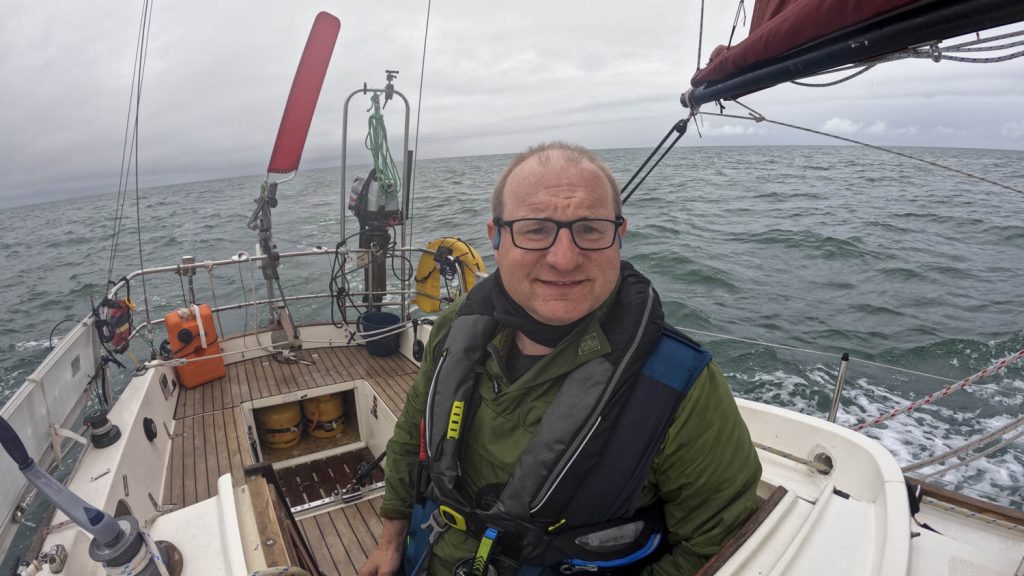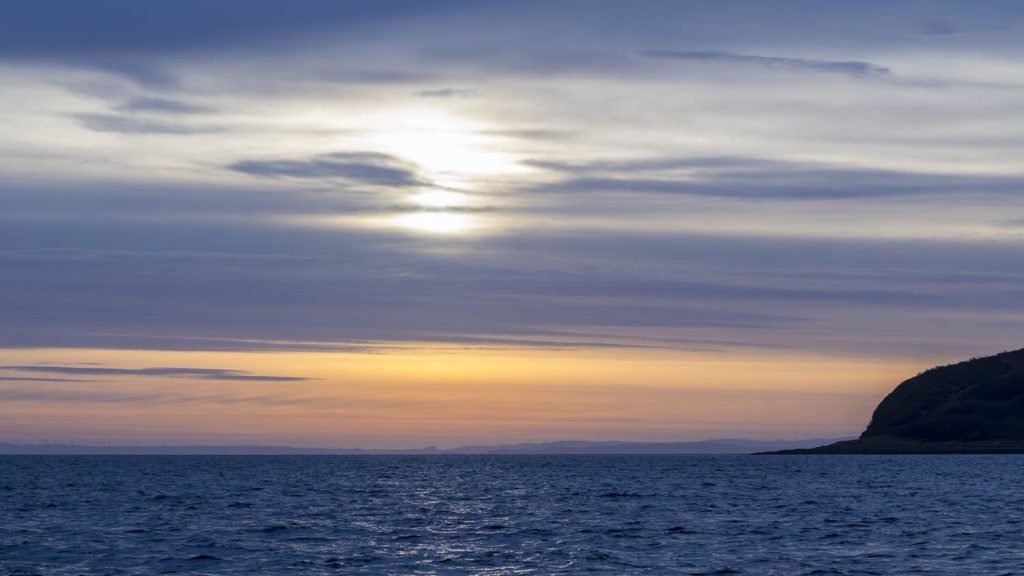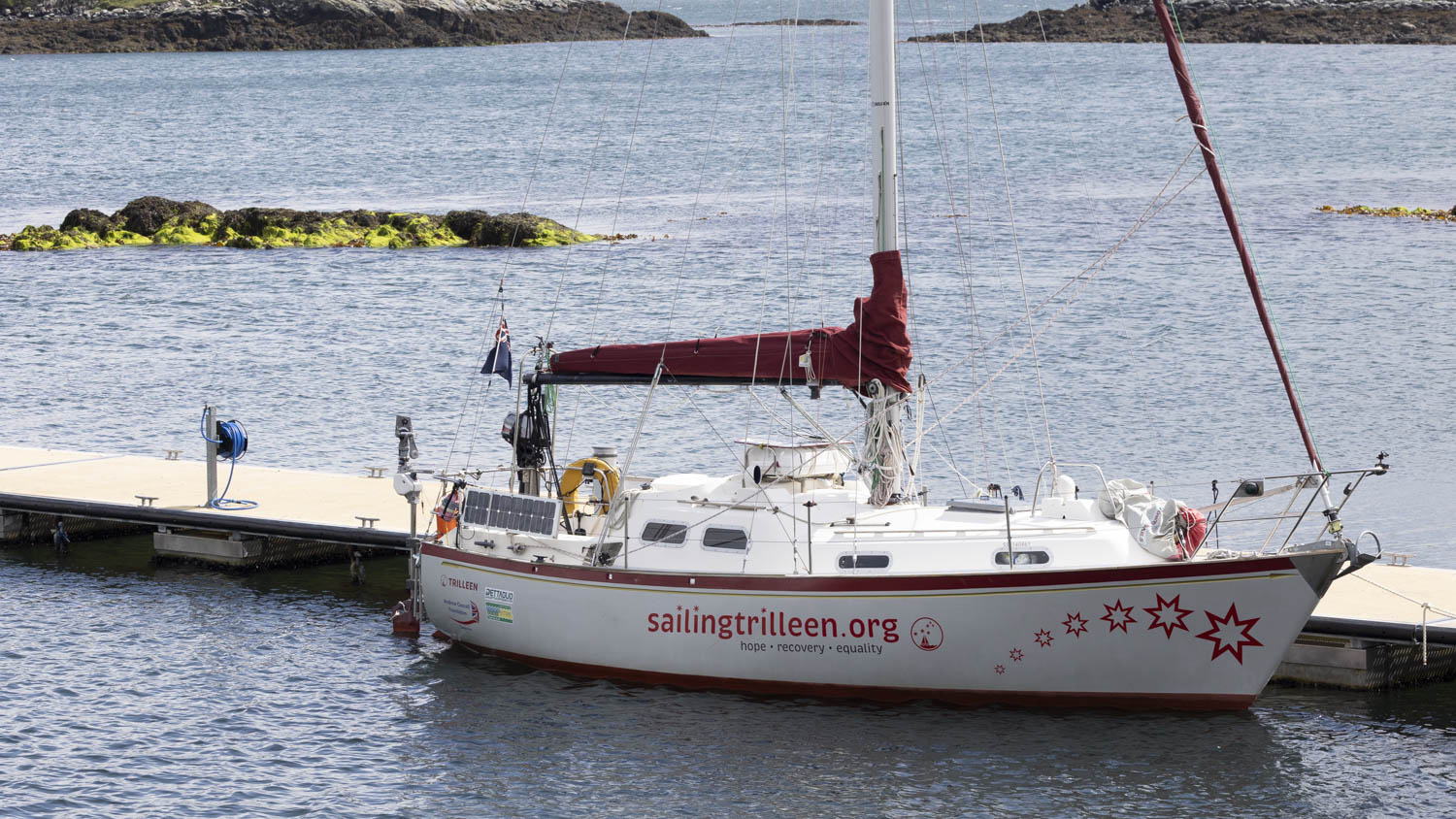Having reached as far north as I’ll go on this trip, rounding Muckle Flugga has prompted some serious reflection about the challenges we set ourselves — as people in general, and in my case, as a disabled person.
People run into trouble in the sea, in the mountains, and other extreme environments without adding extra layers of complexity like operating solo, or living with a disability. At sea when something goes wrong, it often means that the commendable individuals who volunteer or work in rescue and emergency services are placed at serious risk — of injury, of death, or even of becoming disabled themselves. That’s a sobering thought, especially for someone like me, who acquired disability during military training with the Royal Navy and lives with the daily knowledge of just how fragile the human body can be.

In sailing, I’ve always tried to use a moderate and deliberate approach, pushing boundaries slowly and progressively, with a conscious focus on methodical risk management. There’s a dangerous romance in some adventuring projects where hope triumphs over preparation, scale gets away with you, and there’s a strong cadre of believers supporting the project. Expeditionary sailing without enough experience isn’t bravery, it’s recklessness which risks giving the sport a bad name.
Disability adds extra complexity. However much inspiration is a hated trope in the disability community, the reality is that disabled people ‘doing extraordinary things’ does seem inspirational from the outside, however rmuch it feels like living life from the inside. That’s one of the reasons why my project with Trilleen has been determinedly low key and I’ve avoided some opportunities for publicity – because the risk of capture, and external drivers on projects have felt positively dangerous for my health and the safety of my sailing.

My time in the Royal Navy inculcated the idea that the sea is a hard and dangerous mistress who plays for keeps. There is no benefit to trying to build capacity to quickly: only risk. Crawl, walk, run is the natural sequence of skill development for a reason, and that’s the approach I’ve taken to my sailing. When disability means physical or psychological baseline differs from the norm, that stepwise process can feel frustratingly extended. Yet it’s the only safe approach.
One thing I’m acutely aware of is skill fade. Even if you’ve done something before, even done it regularly, doing it again, after injury, after a winter’s break, or when the effects a disability has on life have changed: is not the same. It takes a substantial amount of humility to relearn, recalibrate, and build back up. It takes even more humility to admit when you’re not ready

Challenging ourselves is valuable. It’s how we grow, how we test ourselves and expand the hopes and futures of our lives. But there’s nothing to be ashamed of in taking the slow road. It is not weakness to proceed with caution. In fact, it’s one of the most responsible, disciplined, and courageous choices a disabled adventurer can make.
